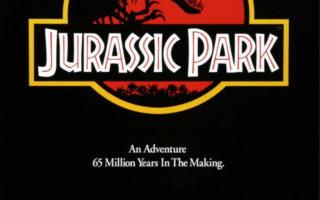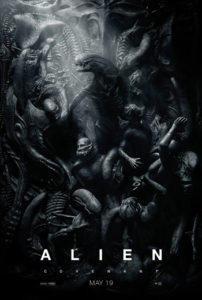Starring: Sunny Suljic, Lucas Hedges and Katherine Waterston
Directed By: Jonah Hill
Rated: R
Running Time: 84 minutes
A24
I’m not sure who this movie is for. Sometimes coming-of-age films ring true for everyone because it speaks specifically to those who lived the generation it represents and still manages to slip in some universal truths. “Mid90s” seems specifically niche: stoner skateboarders who grew up on “Ren and Stimpy” cartoons and played NES video games. It’s not necessarily a bad thing because the film manages to stretch outside those confines, painting a broad picture of children who’ve come from single parent homes or troubled living conditions. You just have to squint a little hard to see it.
The film focuses on 13-year-old Stevie (Suljic), who actually looks a lot more like he’s 10. He seems to take daily beatings from his older brother, Ian (Hedges), who’s just turned 18. Their single mother, Dabney (Waterston), loves them unconditionally, but seems to have taken a hands-off approach during their pubescent years. Ian and Dabney become background noise in Stevie’s life when he’s accepted into a group of rebellious young boys hanging out at a skateboard shop. This misanthropic brotherhood doesn’t seem to have much in common, but the glue that binds them is their status as outcasts at home, school and in life. The alpha dog of the group, Ray (Na-Kel Smith), also manages to keep them all in line, even when they’re at each other’s throats.
“Mid90s” is the kind of movie “Lords of Dogtown” wishes it was, even though the target audience might fight me on that unpopular opinion. “Mid90s” prevents itself from being overly dramatic and unrealistic thanks to Hill’s raw script which highlights the politically incorrect vernacular of the time while unflinching capturing troubled youth in Los Angeles. However, there are a lot of gaping flaws in how everything is presented. The comedy sprinkled throughout sometimes works, but also undercuts the seriousness of several situations. It also may not be funny for those uncomfortable with how carefree some slurs were used by teens in the 90s. There’s also one scene in particular that quickly goes from uncomfortable to borderline exploitive.
There are flashes of creativity with Hill’s directorial debut, but too often he limits his characters and the stories they have to tell. There’s an inventive subtleness to what Hill reveals about Stevie and his crew, but too often we’re left with more questions than answers. The scope is so narrow that the average moviegoer may find “Mid90s” to be too brash and at times, a bit derivative. But underneath its crass nature, are good-intentions and a unique perspective on growing up that we’ve rarely seen.



